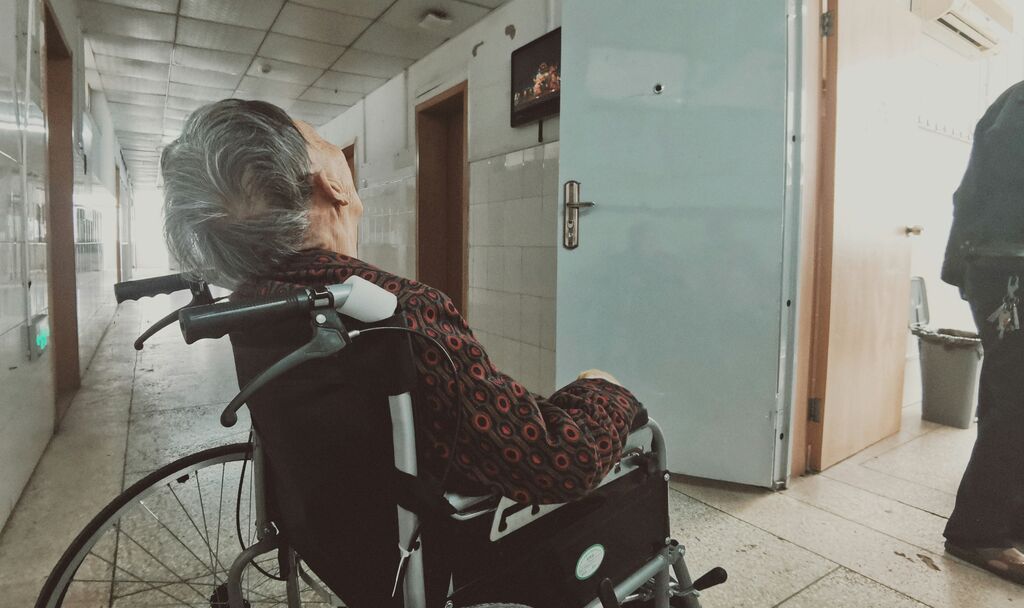Assisted Suicide
No Funds for assisted suicide service, says Wes Streeting

Health Secretary Wes Streeting has confirmed there is no budget for an assisted suicide service, despite the Bill narrowly passing a vote in the House of Commons last week.
After the The Terminally Ill Adults (End of Life) Bill passed with a majority of 23 votes, Wes Streeting outlined his concerns in a Facebook post.
He highlighted the lack of access to high quality end-of-life care across the country and pointed to wider financial pressures within the NHS. While acknowledging that the Bill may now become law, he warned that Parliament may have made the wrong decision, given the lack of budget in place.
No genuine freedom to choose
Streeting referred to the view of former Prime Minister Gordon Brown, who argued that there is no genuine freedom to choose assisted suicide if proper palliative care is not in place.
Streeting added that creating the necessary conditions for such a service would take time and money—resources he believes are currently not available. He said that even with the savings that might result from individuals choosing assisted suicide, setting up the service would still come at a significant cost.
Significant costs involved to set up service
A government impact assessment published in May estimated potential NHS savings of between £919,000 and £10.3 million in the first six months of the Bill’s implementation, depending on uptake. After ten years, these savings could rise to between £5.84 million and £59.6 million. However, the cost of staffing an assisted suicide service could exceed £10 million per year, and training costs in the first six months alone are projected to be more than £11 million.
It has raised concern that the Government included projected financial savings from assisted suicide in its analysis, with organisations such as CARE warning that economic considerations must never influence decisions about life and death.
Chance to improve Bill in House of Lords
The Bill now passes to the House of Lords where it will be further scrutinised.
Dame Esther Rantzen, a long-time campaigner and supporter of the Bill, urged members of the House of Lords not to block its progress.
Meanwhile, opponents including Baroness Tanni Grey-Thompson and Lord Shinkwin called for stronger safeguards to be introduced as the Bill progresses through Parliament.
Commenting on the Bill, disabled Peer Lord Shinkwin said:
“I am a disabled person. I cost the NHS over the course of my lifetime, probably several million pounds to keep me alive.
“This Bill would put a price on my head — on the head of so many disabled people.”
Share
